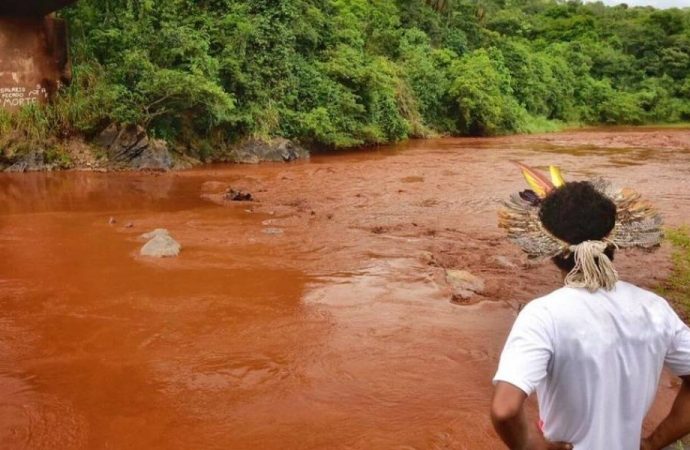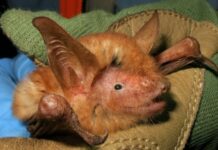Dam Collapses in Brazil
A dam has collapsed in the village of Brumadinho, Minas Gerais, in Brazil. Since last Friday, when a river of toxic mud and iron waste swiped the entire village, the authorities have reported 110 deaths; over 200 people are still missing.

Photo Credit: TV NBR
The mining company Vale is yet again responsible for an environmental crime, three years after the collapse of a dam in Mariana, also in the state of Minas Gerais. In Brumadinho, the dam expansion projects were contested by the residents and environmental agencies had asked the state governor to suspend the construction, calling it “insane”. The company went so far as to omit potential risks of
While the chief executive of Vale, Fabio Shvartsman, claims he is “completely torn apart” by the tragedy, the company’s lawyer washed the company’s hands from any responsibility. This week, the police arrested five workers of Vale, but no top officials have been brought to justice. Three years after the disaster in Mariana, people fear that, once again, no one will be held accountable. The President, Jair Bolsonaro, promised to do justice to the victims and prevent other tragedies like this. During the presidential campaign, however, he had promised to “loosen” environmental regulations and to end the Ministry of the Environment.
Read more:
“Beira a Insanidade”, alertou entidade sobre ampliação da mineração em Brumadinho; The Intercept Br; 25 Jan 2019 (article in portuguese)
Vale sabia de problemas na barragem e omitiu os riscos em documento público; The Intercept Br, 28 Jan 2019 (article in portuguese)
Engenheiros e funcionários da Vale que atestaram segurança de barragem em Brumadinho são presos em MG e SP; G1, 29 Jan 2019 (article in portuguese)
Hundreds feared dead as Brazil dam collapse releases mud tide; The Guardian; 26 Jan 2019
Polar Vortex Swipes the US
A freezing mass of air has hit the United States, leaving at least twelve people dead. In the Midwest, temperatures went as low as -52º degrees Celsius and multiples states have declared a state of emergency.
The so-called polar vortex, a large area of low pressure and cold air on the Earth’s poles, caused the extremely cold weather. The vortex always exists near the poles, but usually strengthens in the winter. When the vortex grows, the mass of cold air is pushed south, causing temperatures to drop abruptly.
After President Trump tweeted “(…) What the hell is going on with Global
Read more:
What is the polar vortex – and how is it linked to climate change?; The Guardian; 31 Jan 2019.
How the polar vortex created record subzero temperatures in the Midwest; National Geographic; 30 Jan 2019
The science behind the polar vortex; NOAA; 29 Jan 2019
Cohen, Judah, Karl Pfeiffer, and Jennifer A. Francis. “Warm Arctic episodes linked with increased frequency of extreme winter weather in the United States.” Nature communications9.1 (2018): 869. [OPEN]
Hassler, Birgit, et al. “Changes in the polar vortex: Effects on Antarctic total ozone observations at various stations.” Geophysical Research Letters 38.1 (2011). [OPEN ACCESS LIBRARY]
Learning new vocabulary during deep sleep
Researchers at the University of Bern, Switzerland, have found that our brain cells can learn new information while we are asleep. While it is long known sleep helps to consolidate the knowledge gained during the day, a new line of research focuses on deep sleep learning.
In the research published in the journal Current Biology, scientists have found that the study participants were able to learn new words and their translations during a midday nap. The memory of those words is maintained when the participants were awake, suggesting that the brain’s cells are active during a brief period during deep sleep.
Read more:
Press Release; University of Bern; 31 Jan 2019
Züst, M. A., Ruch, S., Wiest, R., & Henke, K. (2019). Implicit Vocabulary Learning during Sleep Is Bound to Slow-Wave Peaks. Current Biology.



